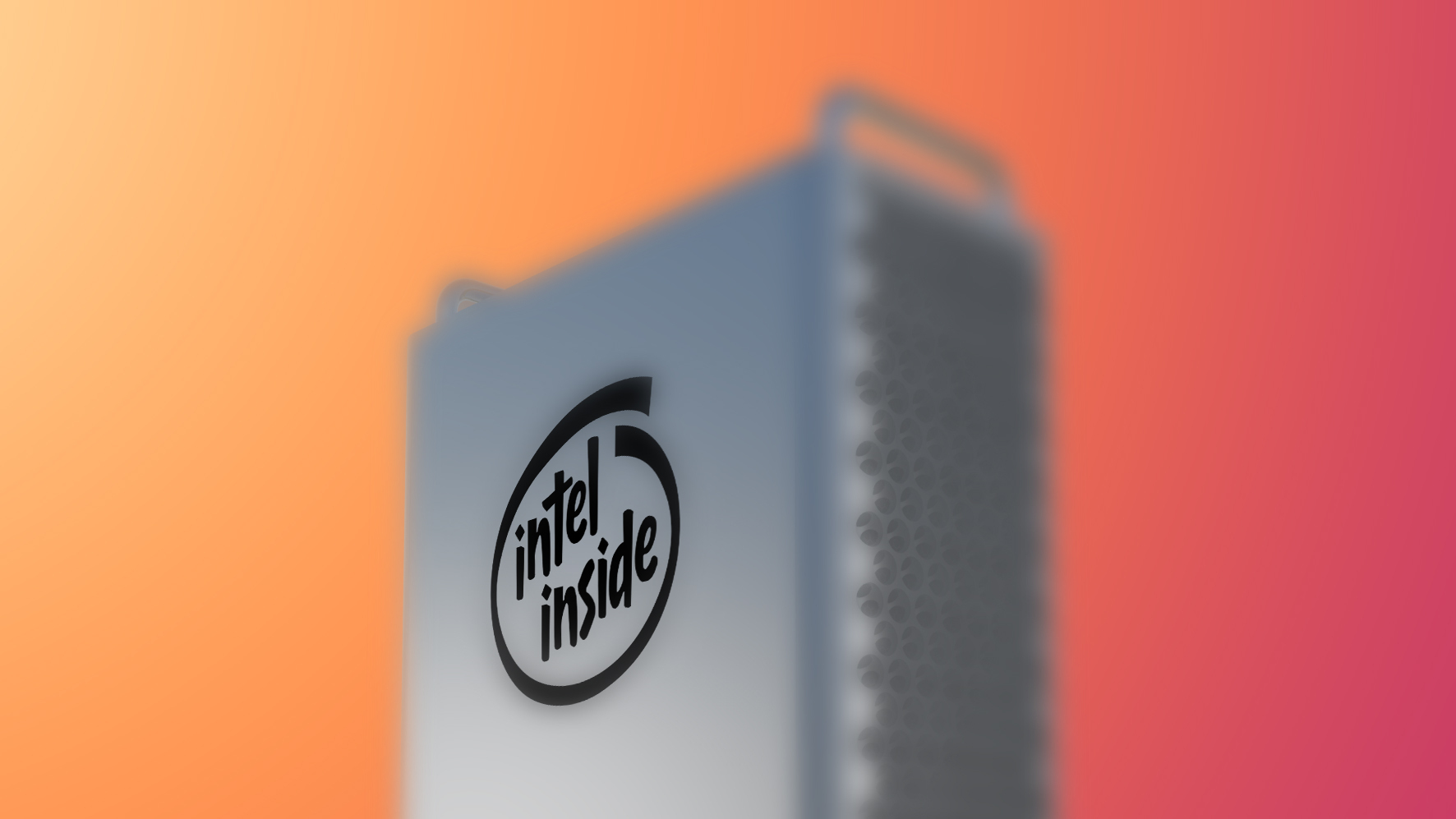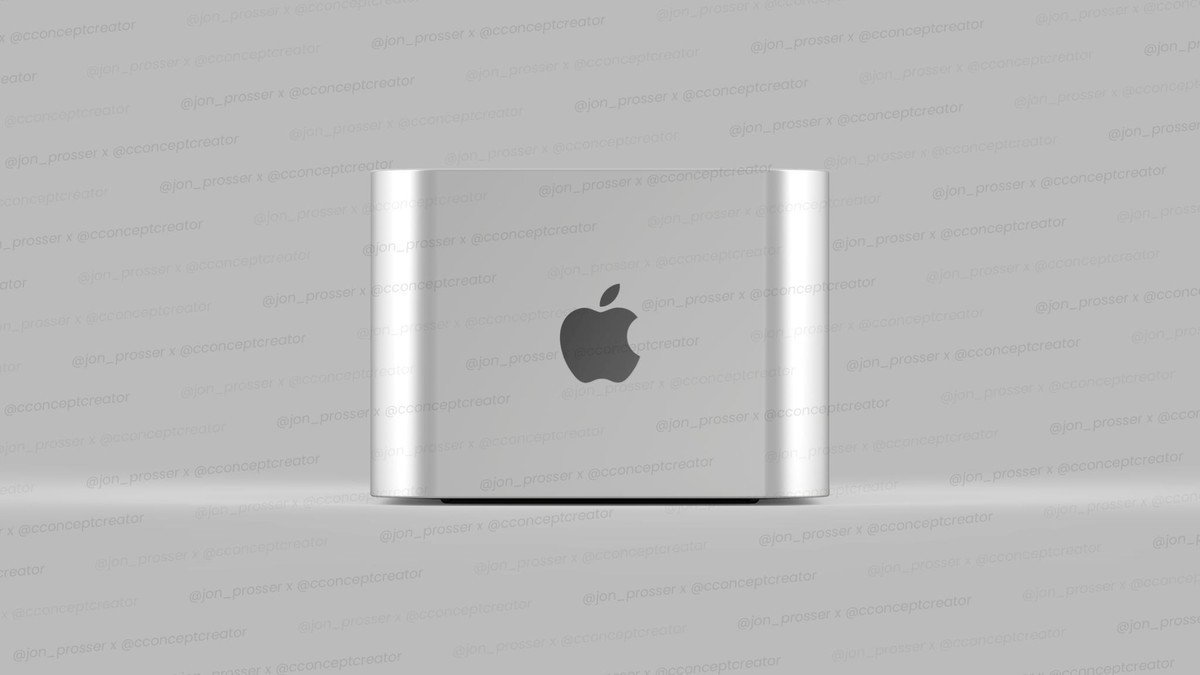![]()
While Apple is rapidly transitioning its Mac lineup from Intel processors to its own Apple silicon, it's worth highlighting as 2021 wraps up that the relationship between Apple and Intel hasn't been entirely severed as reports indicate Apple still has one more Intel-based Mac in its pipeline that's yet to be released.
With the Mac Pro, Apple is not expected to entirely transition its most powerful Mac to Apple silicon yet, as we're expecting at least one new Mac Pro to feature an Intel chip. Apple is
working on two new Mac Pro machines, one
featuring an entire redesign, and another that will feature the current design with updated internals.
Apple silicon has proven itself to be a worthy competitor to even some of Intel's best portable processors, but it seems that Apple is not yet entirely confident enough to transition the Mac Pro, a desktop-class professional workstation used by animators, photographers, Hollywood insiders, and more, to Apple silicon.
For its Intel-based Mac Pro, we're expecting the desktop to feature
Intel's Xeon Scalable processor, which Intel says has "advanced performance, security, efficiency, and built-in AI acceleration to handle IoT workloads and more powerful AI."
It may seem odd that, amid the transition of its MacBook Air, MacBook Pro, Mac mini, and iMac lines to Apple silicon, Apple would release another Mac with an Intel chip, but there are reasons even beyond performance that are likely influencing Apple's decision. Apple silicon chips run on an entirely different architecture than Intel-based Macs. On Apple silicon Macs, Apple uses Rosetta 2 to automatically and seamlessly translate apps built for Intel computers to run on Apple silicon.
While Rosetta 2 works for the majority of customers, Apple may be wanting to hold out a little longer to ensure the translation technology is more mature before allowing its most high-end professional and demanding customers to use it. By offering an Intel Mac Pro alongside an Apple silicon powered option, Apple can buy itself a little more time before completing its transition to its own chips.
As for the redesigned Mac Pro, expected sometime next year,
it may feature up to 32 high-performance cores and up to 128 graphics cores. Some reports have suggested the new
Mac Pro could be equipped with two or four dies of the M1 Max chip for ultra-high performance.
Article Link:
Macs With Intel Processors Still Coming Amid Transition to Apple Silicon




